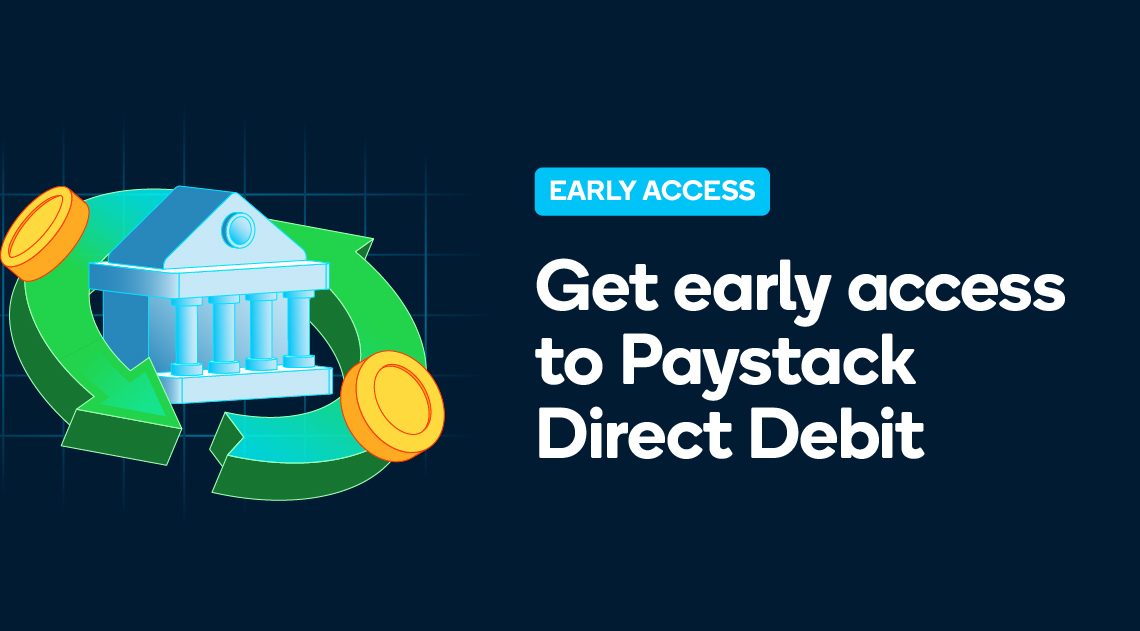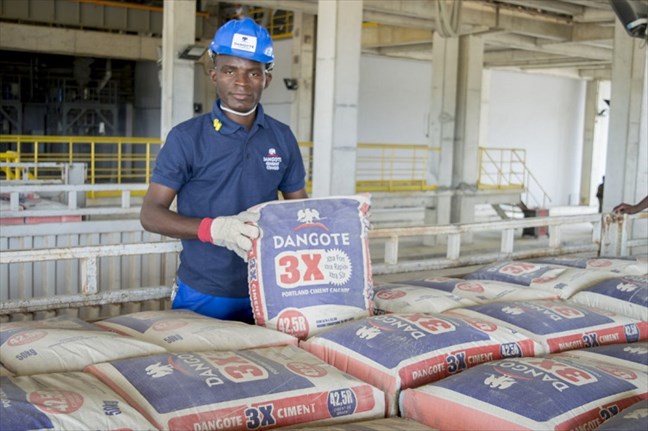Nigeria’s leading fintech company, Paystack, partners with NIBSS, the organisation that runs the country’s instant payments system, to provide a direct debit product.
The fintech company Paystack, which is owned by Stripe, is introducing a direct debit solution that would let Nigerian companies bill their clients’ bank accounts straight. When it comes to regular payment activities such as Netflix, Spotify, DSTV, or Tizeti subscriptions, direct debits are helpful since they enable these services to debit a user’s bank account without the need for a debit card, provided the customer gives permission.
This strategy lowers additional fees associated with card payments as well as the expenses incurred by retailers and other services. Lending services may also benefit from direct debits, as it allows them to automatically deduct loans on due dates with client consent, eliminating the need to wait for a manual bank transfer procedure.
Although direct debits have been around for a while, managing the procedure still requires a physical visit to the bank in Nigeria. Many businesses have long discussed how a digital substitute may increase recurring revenue while guaranteeing that consumers won’t experience service interruptions if they forget to make their subscription payments or have issues with their card network.
In order to link around two dozen banks for direct debits, Paystack claims to have collaborated with the Nigeria Inter-Bank Settlement Scheme (NIBSS), which runs the nation’s instant payments network. Through the collaboration, Paystack was able to eliminate the difficulties and time required to manually connect with each bank, which will assist in cutting down on the processing time needed to set up each customer to just a few seconds.
Paystack claims that “everything from the acquisition of a switching licence to deep product investments in bank transfers to infrastructure improvements all laid the groundwork for us to be able to offer a robust direct debit experience finally.”
The direct debit function offered by Paystack is directly related to the company’s recent initiative to build fintech solutions that run above customers’ bank accounts. Debit cards, which have long served as a middleman between retailers and customer payments, are eliminated by this method.
Debit cards, which are issued by card networks in collaboration with banks, provide retailers with an alternative to cash for accepting payments from consumers and completing the ultimate settlement on the back end. However, card transactions come with extra expenses for both users and merchants, which makes the whole transaction amount somewhat more than the service’s initial cost. This is because card transactions include a pool of fintech supports.
Paystack has been attempting to go direct to assist companies and customers in making payments using just a bank account or a comparable mobile money wallet in recent months. The fintech said that going beyond web-only collecting is paying off.
Paystack launched “pay with bank transfer” in 2017, enabling users to finish purchases without using a debit card. From less than 13% of the company’s overall transaction activity in 2021 to 34% since the beginning of 2023, this payment method has seen a meteoric rise. Paystack’s increased emphasis on alternatives to credit cards is being driven by the expansion of the bank transfer payment channel.
To cut down on bank transfer delays, the business launched a new virtual account affiliation with Titan Trust Bank. Following this, in October, it introduced virtual POS terminals, a new online solution that enables multi-person company owners to collect payments via bank transfers from customers. The direct debit feature, which emphasises bank accounts, is closely related to Paystack’s most current solution.
In the meantime, direct debit services have become more popular in Nigeria during the last few years. One year after the Central Bank of Nigeria (CBN) began collecting statistics on these transactions in 2020, the total amount of direct debits increased to N26.4 trillion, demonstrating an exponential surge.
According to Paystack, which Stripe purchased in 2020 for $200 million, Nigerian customers may request to connect their bank accounts to a merchant’s firm. The fintech will finish a one-time transaction to get the clients’ permission and validate the bank account. A merchant may start processing payments—one-time or recurring—as soon as the bank transfer is verified.
Additionally, users will be able to manage all of their direct debit obligations with Paystack merchants via a web-based portal. This is just the second time Paystack has created an end-user-facing product, after the launching of an online platform where users could complain about failed transactions.













